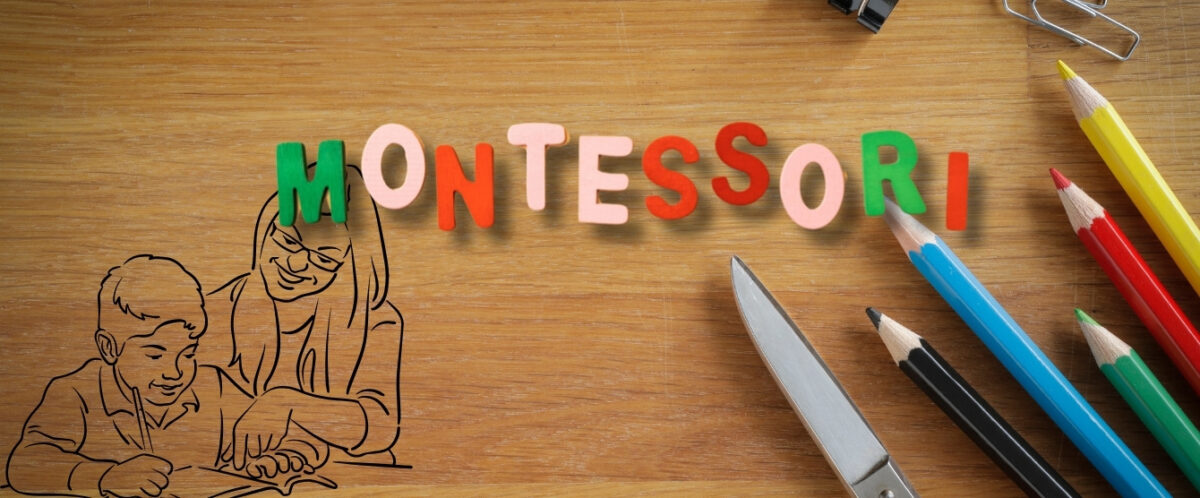Imagine a learning environment where your child’s curiosity and creativity are the driving forces behind their education. In recent years, many homeschool parents have been drawn to the Montessori method as a way to provide a more child-centered approach to learning. But what is Montessori homeschooling, and how can it benefit your child? In this […]
Categories
What is Montessori Homeschool?


